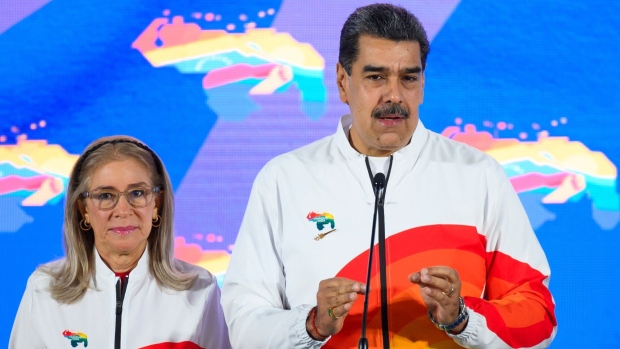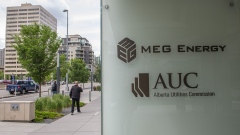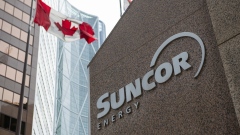Dec 7, 2023
Chevron Faces New Risk in Venezuela as Maduro Threatens Guyana
, Bloomberg News

(Bloomberg) -- After operating for a century in Venezuela through booms, busts and US sanctions, Chevron Corp. is being tested again.
If the nation’s president, Nicolás Maduro, follows through on his threat to annex a huge swath of neighboring Guyana, analysts expect the US to reinstate sanctions and potentially revoke a license that allowed the oil supermajor to resume operating in Venezuela.
Should Maduro’s threat be “more than saber rattling, the US administration would most likely limit Chevron’s ability to operate there,” according to Shreiner Parker, Latin America managing director at research firm Rystad Energy. “Chevron themselves may choose that they wouldn’t want to be operating in a country that has invaded a sovereign neighbor,” he said by phone.
Chevron, which opened its first office in Venezuela in 1923, didn’t immediately reply to requests for comment.
Maduro says he will grant new oil exploration licenses in Essequibo and order companies already working in the area to leave. Guyana is intensifying security measures and Brazil’s military has increased its presence along the border. The US, meanwhile, has called on Venezuela to respect the territory as Guyana’s until the matter is settled in international court.
On Thursday, Guyana Vice President Bharrat Jagdeo urged oil companies operating there to ignore Maduro’s order to leave, saying the government will defend its sovereignty.
“Any attempts to explore for petroleum by his state oil companies or state companies in our territory will be seen as an incursion by Guyana,” Jagdeo said in a news conference.
The feud comes as Maduro’s political opposition consolidates ahead of a presidential election next year. Polls show challenger María Corina Machado leading the incumbent, which is why many analysts see the Essequibo threat as political bluster meant to lift nationalist spirits and rally the socialist government’s core supporters.
Maduro claimed an overwhelming victory in a plebiscite Sunday that put five questions on whether the oil-rich piece of territory about the size of Florida should be governed by Venezuela. Some 95% of voters backed the government’s position, but turnout numbers — which critics say were inflated — fell well short of Maduro’s target.
“We believe the referendum served as a demonstration of support for Maduro’s policies and an attempt to build a unification sentiment among voters,” Luiz Hayum, a Latin America upstream analyst at Wood Mackenzie, said by email. “But we believe there’s a very low chance that it will escalate into a wide armed conflict.”
In theory, the oil fields off Guyana that Chevron is buying into with its $53 billion takeover of Hess Corp., which partners with Exxon Mobil Corp. in Guyana, could also be in jeopardy due to Maduro’s threat. But analysts see Venezuela taking over that offshore production as unlikely due in part to significant logistical challenges the South American nation is unequipped to handle. Chevron expects its Hess deal to close in the first half of 2024.
Analysts nonetheless caution that Maduro is an irrational actor surrounded by sycophants who don’t always provide the president with empirical facts. That could lead Maduro to make decisions that disrupt Venezuela’s efforts to boost oil output, and bring in much-needed revenue, now that the US has eased sanctions.
--With assistance from David Wethe and Fabiola Zerpa.
(Adds quote from Guyana Vice President in the sixth paragraph.)
©2023 Bloomberg L.P.








